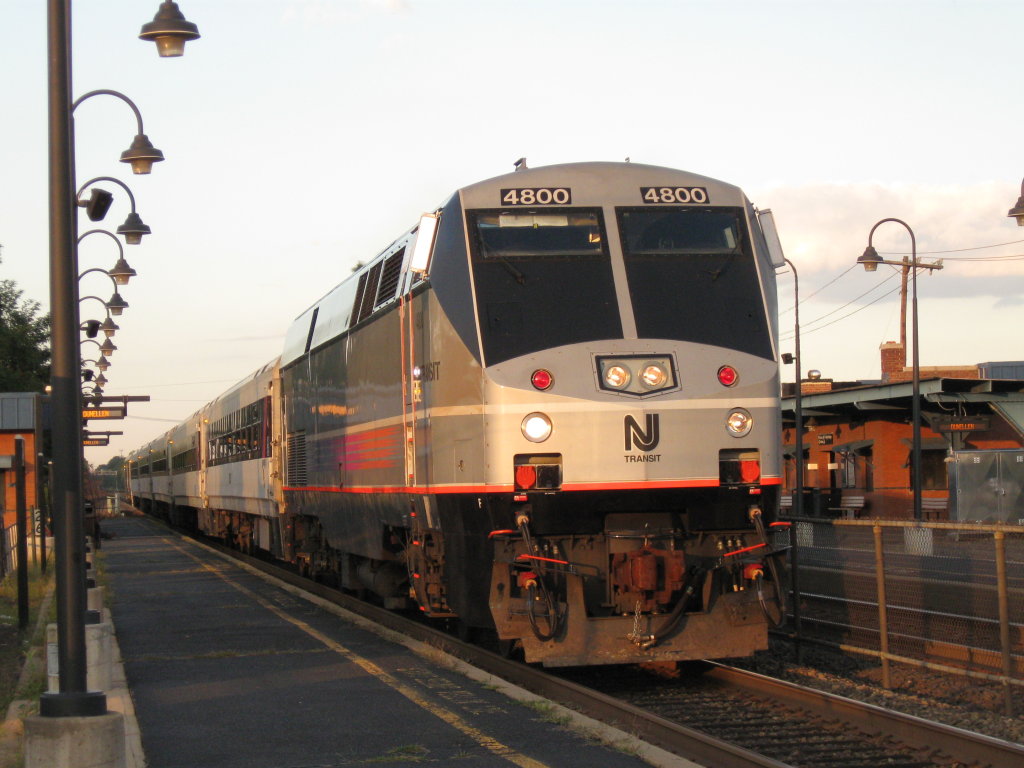
Justin Cassera is a student at Harvard Law School.
In today’s news and commentary, locomotive engineers and NJ Transit head to mediation, a federal court blocks Trump’s mass firings, and the new pope signals support for labor unions.
Continuing Ajayan’s story from Thursday, New Jersey Transit and the Brotherhood of Locomotive Engineers and Trainmen are headed to Washington today for mediation in hopes of avoiding a strike. The National Mediation Board, an independent agency that coordinates labor relations for U.S. railroads and airlines, invited both parties to the table last week as tensions and the probability of a strike continued to increase. Mark Wallace, the union’s president, has said the transit authority’s conduct has “not been true, good faith negotiations,” citing the “PR they’ve done over the last couple of weeks.” NJ Transit CEO Kris Kolluri, on the other hand, has questioned the mental health and memory of the union’s leadership as the two sides continue to disagree on an earlier contract that was rejected by union members last month. The union does not expect federal intervention.
On Friday, a federal court in California placed a 14-day pause on President Trump’s attempt to fire thousands of federal workers. The order, which covers twenty agencies, characterized the President’s effort to overhaul the federal government as unlawful. While the court acknowledged the President’s ability to make changes to government agencies, “large-scale overhauls” require a president to “enlist the help of his co-equal branch and partner, the Congress.” The administration has appealed, arguing that the President has “inherent authority” over those executing the nation’s laws. Counsel for plaintiffs responded to the pause saying, “With every move this President is making, we are holding him accountable in court, and seeing judges of all stripes recognize and defend the rule of law.”
On Thursday, Cardinal Robert F. Prevost was announced the 267th pontiff of the Catholic Church, adopting the name Leo XIV. The pope’s name and introductory remarks signal a continuation of Leo XIII’s legacy, who served as pontiff during the Gilded Age and spent his tenure advocating on behalf of workers and the poor. Leo XIII is well known for his 1891 publication Rights and Duties of Capital and Labor, which “started the tradition of how popes needed to address the conditions of the poor and the worker,” said James F. Keenan, S.J., a Jesuit priest and theology professor at Boston College. The pope’s debut statement touched on this point, identifying “new challenges” that advancements in artificial intelligence pose “for the defense of human dignity, justice, and labor.”






Daily News & Commentary
Start your day with our roundup of the latest labor developments. See all
January 7
Wilcox requests en banc review at DC Circuit; 9th Circuit rules that ministry can consider sexual orientation in hiring decisions
January 5
Minor league hockey players strike and win new deal; Hochul endorses no tax on tips; Trump administration drops appeal concerning layoffs.
December 22
Worker-friendly legislation enacted in New York; UW Professor wins free speech case; Trucking company ordered to pay $23 million to Teamsters.
December 21
Argentine unions march against labor law reform; WNBA players vote to authorize a strike; and the NLRB prepares to clear its backlog.
December 19
Labor law professors file an amici curiae and the NLRB regains quorum.
December 18
New Jersey adopts disparate impact rules; Teamsters oppose railroad merger; court pauses more shutdown layoffs.